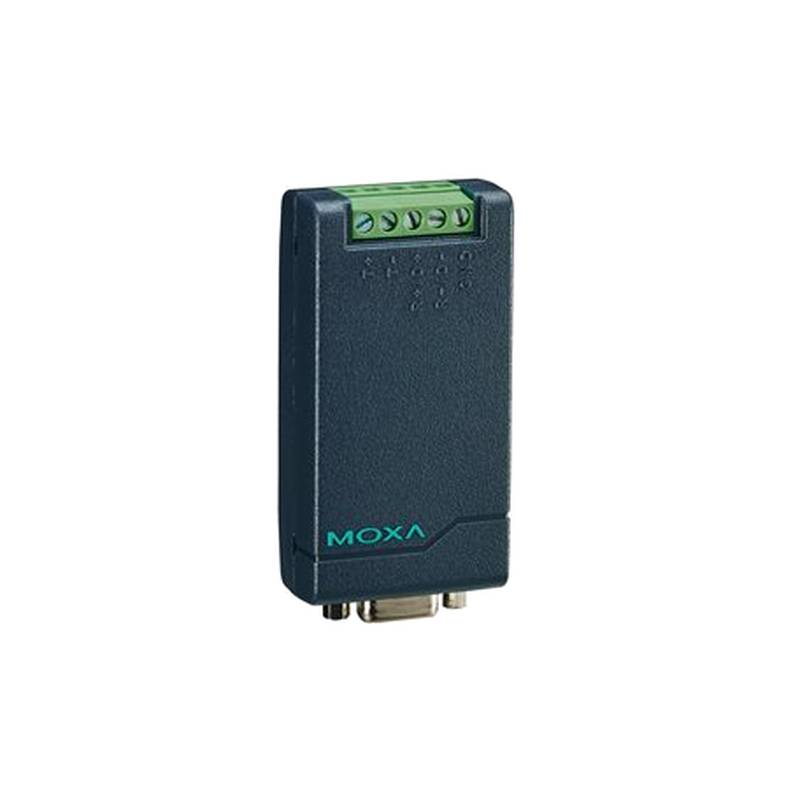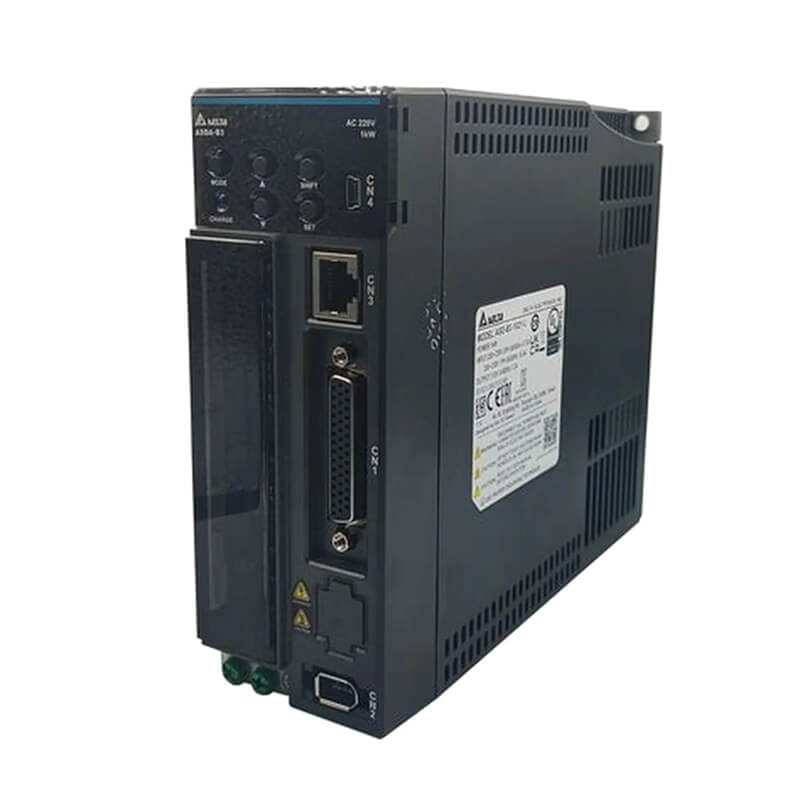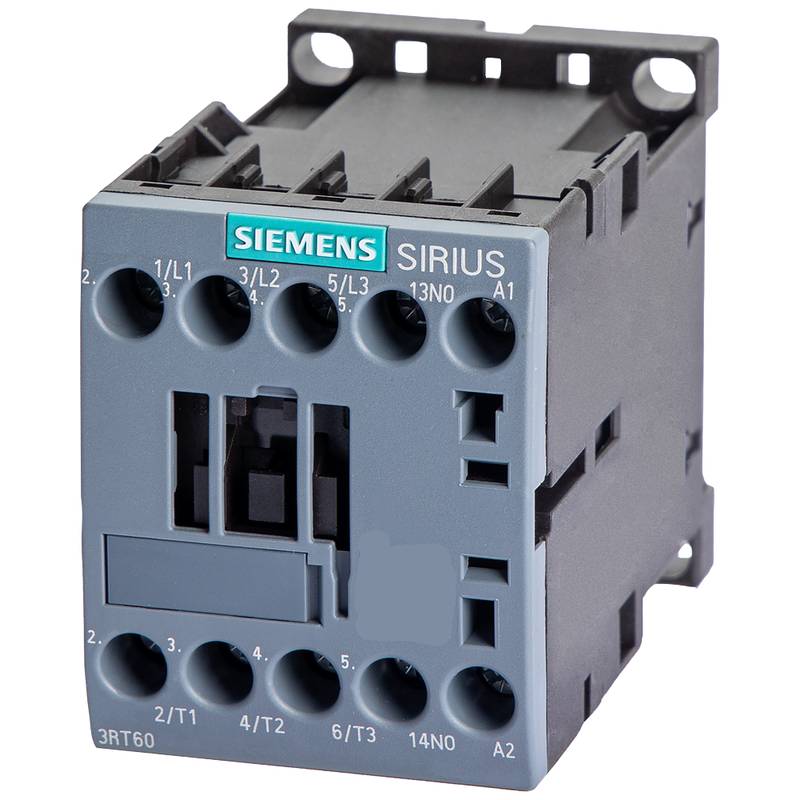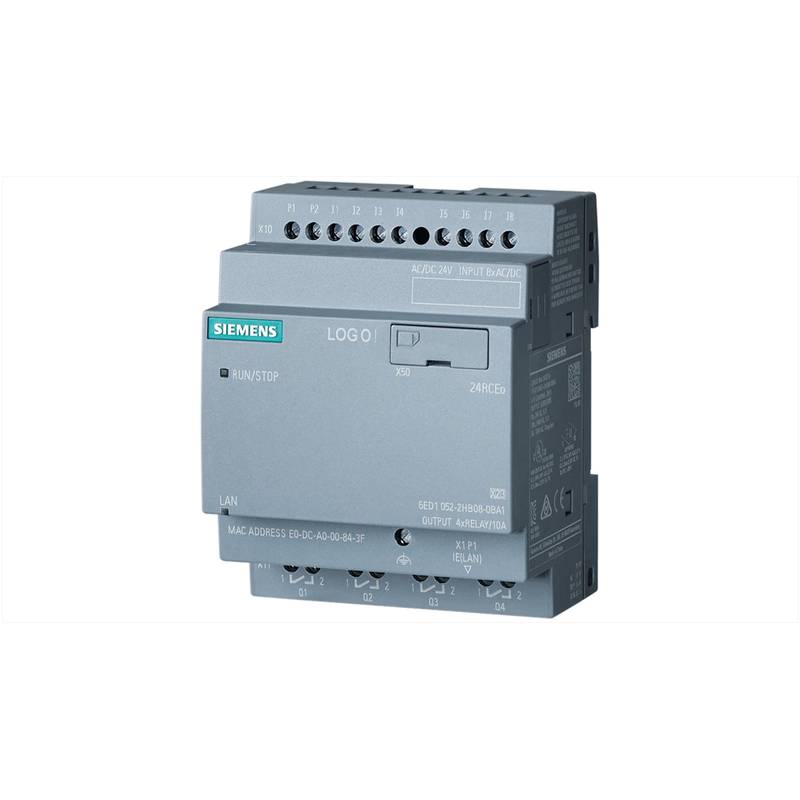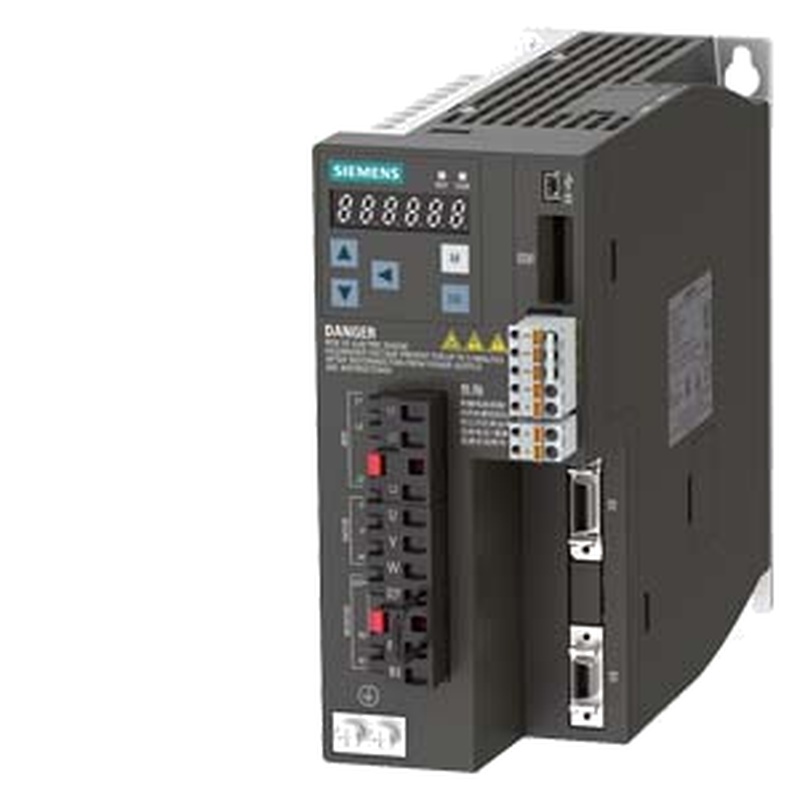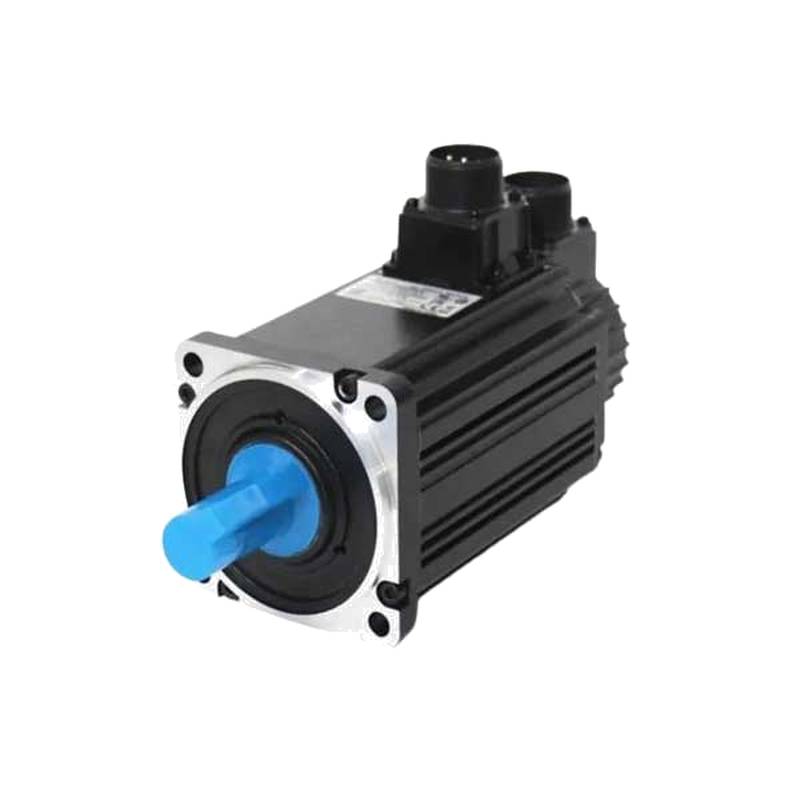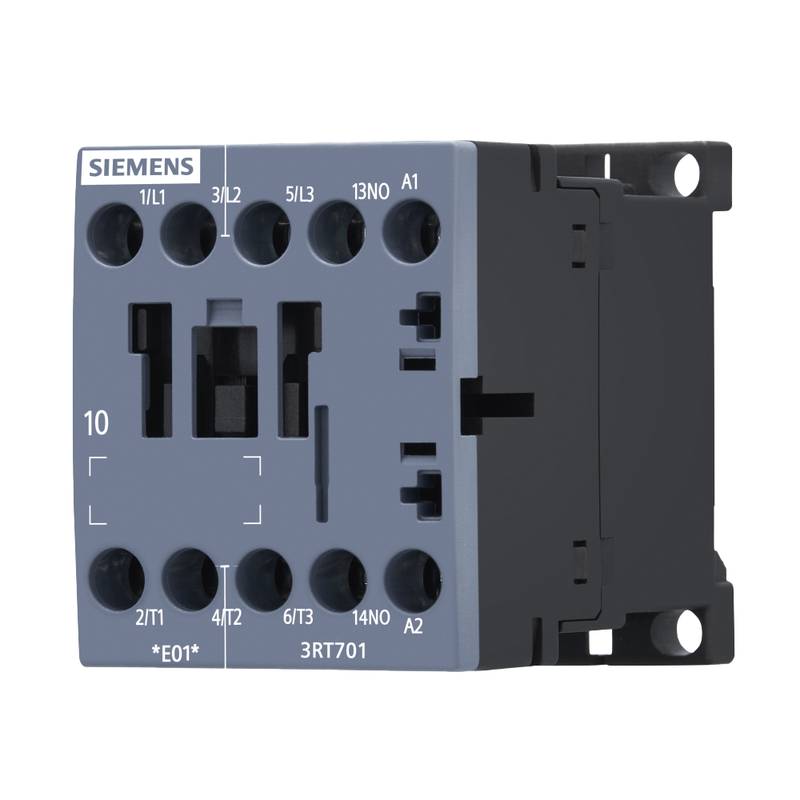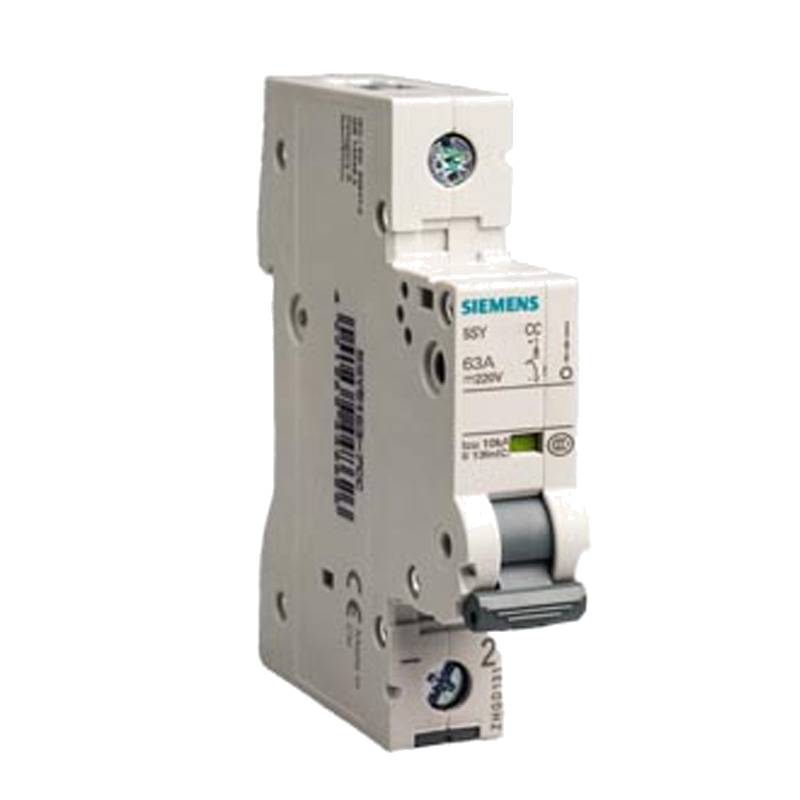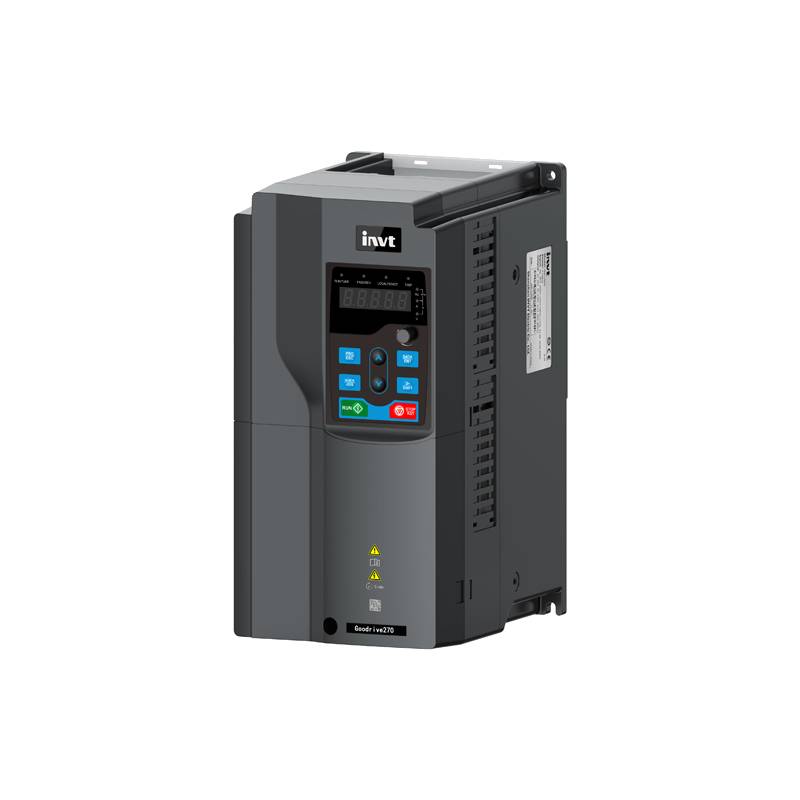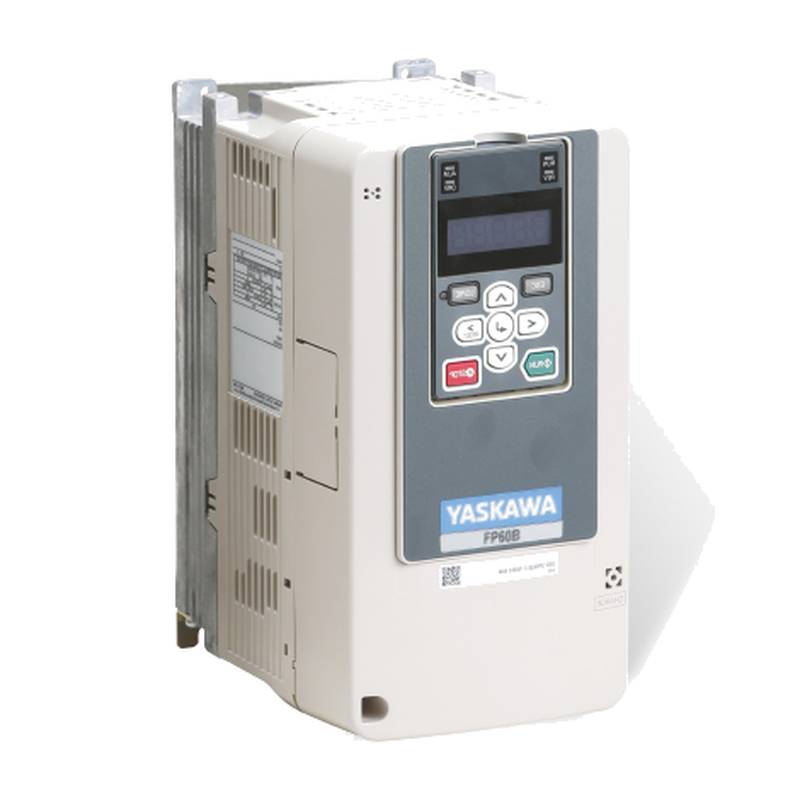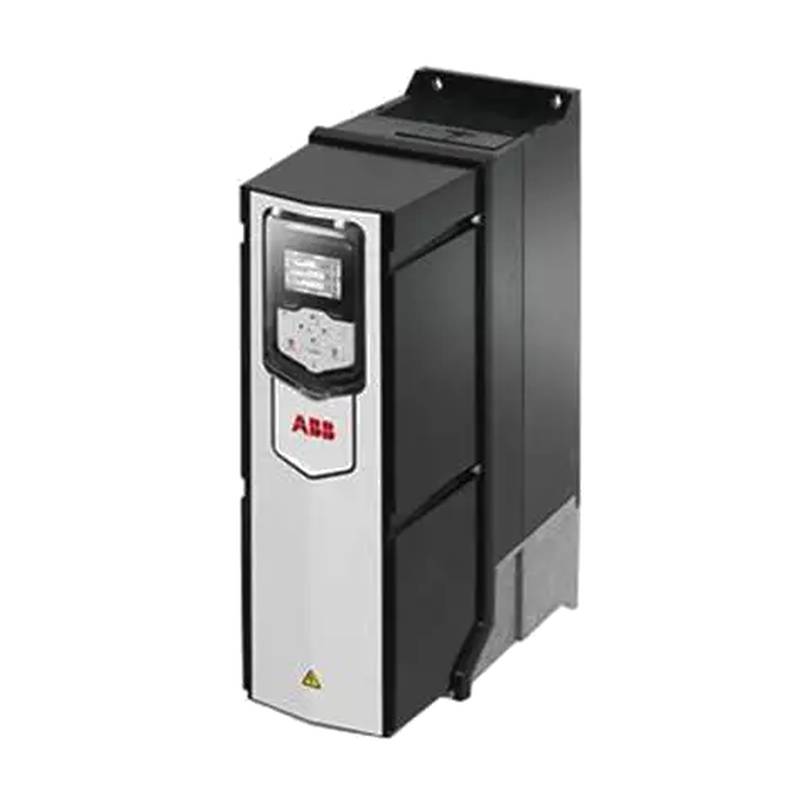
The Moxa TCC-80 industrial serial communication device networking server is a robust solution for bridging communication gaps between disparate serial interfaces. This device excels at converting RS-232 signals to RS-422 or RS-485, enabling extended serial communication reach and reliable data transmission in demanding industrial environments. Its compact design and port-powered capability, drawing power directly from the RS-232 port, simplify installation and reduce component count. The TCC-80 also features automatic baudrate detection and RS-485 automatic data direction control (ADDC), minimizing configuration complexity and programming overhead. For applications requiring enhanced protection, the TCC-80I variant offers 2.5 kV isolation.
Moxa TCC-80: Technical Specifications
| Feature | Specification |
| :--------------------------- | :------------------------------------------------------------------------- |
| Serial Standards | RS-232, RS-422, RS-485 (2-wire/4-wire) |
| Connectors | Terminal block (TCC-80), DB9 male (TCC-80-DB9) |
| Number of Ports | 2 |
| Baudrate | 300 bps to 115.2 kbps |
| RS-485 Data Direction | Automatic (ADDC) |
| Termination Resistors | Built-in, selectable 120 Ω |
| Isolation (TCC-80I only) | 2.5 kV optical isolation |
| ESD Protection | 15 kV serial |
| Power Input | Port-powered (TxD, RTS, DTR) or external 5–12 VDC via power jack/USB |
| Input Current | TCC-80: 30 mA @ 5-12 VDC; TCC-80I: 20 mA @ 5-12 VDC |
| Housing | Plastic top cover, metal bottom plate |
| IP Rating | IP30 |
| Dimensions | 42 x 80 x 22 mm (TCC-80) |
| Weight | 50 g |
| Operating Temperature | 0 to 60°C (32 to 140°F) |
| Certifications | CE, FCC, UL |
Core Features & Market Positioning
The Moxa TCC-80 stands out in the industrial serial communication market due to its innovative port-powered design, eliminating the need for an external power supply in many applications. This significantly simplifies installation and reduces system complexity and cost. Its compact form factor is ideal for space-constrained industrial environments. The automatic baudrate detection and ADDC features further streamline deployment by reducing manual configuration and programming efforts. Marketed as a reliable, robust, and cost-effective solution, the TCC-80 positions itself as a go-to device for extending serial communication distances and ensuring interoperability between legacy and modern industrial equipment. The TCC-80I variant's 2.5 kV isolation capability is a key differentiator for applications requiring protection against electrical noise and ground loops, making it a superior choice for mission-critical systems.
Key Application Scenarios
The versatility of the Moxa TCC-80 makes it suitable for a wide array of industrial applications. In Manufacturing, it seamlessly integrates PLCs, HMIs, sensors, and controllers with existing RS-232 infrastructure. For Energy & Utilities, it's crucial for connecting RS-232 devices within SCADA and substation networks. The Transportation sector benefits from its ability to extend serial communications for traffic management systems and railway operations. In Oil & Gas, it supports reliable RS-232 to RS-485 links for remote monitoring in field operations. Furthermore, its application extends to Smart Infrastructure, modernizing legacy RS-232 devices for building automation, surveillance systems, and enabling IoT connectivity.
Practical System Integration Guidance
Integrating the TCC-80 is straightforward due to its plug-and-play nature. For basic RS-232 to RS-422/485 conversion, power can be drawn directly from the host PC's RS-232 port (TxD, RTS, or DTR lines). Ensure the RS-232 cable length is kept under 15 meters at 9600 bps to guarantee sufficient power transfer. If handshake lines are unavailable, the cable is excessively long, or the connected RS-232 device is low-power, an external 5 to 12 VDC power supply can be connected via an adapter or a USB power cord. The TCC-80 features built-in, selectable 120-ohm termination resistors for RS-485, which are crucial for signal integrity in longer cable runs or bus configurations. These can be enabled by configuring a DIP switch.
Operation and Risk Mitigation
The TCC-80 is designed for reliable operation in harsh industrial environments, boasting 15 kV serial ESD protection to safeguard against electrostatic discharge. The TCC-80I model offers an additional 2.5 kV of optical isolation, which is critical for protecting equipment from ground loop currents and voltage surges. A key operational feature is the patented LED port power indicator on the TCC-80I. This indicator simplifies troubleshooting by confirming whether the device is receiving adequate power from the host. If the LED does not illuminate, an external power source is required. Users should ensure correct wiring for RS-422/485 connections to the terminal block to prevent communication errors.
Scalability & Long-Term Value
The Moxa TCC-80 provides excellent long-term value by enabling the integration of legacy RS-232 equipment into modern serial networks. Its support for both RS-422 and RS-485 (2-wire and 4-wire) ensures compatibility with a wide range of industrial devices. While the TCC-80 itself is a point-to-point converter, its inherent reliability and adherence to industrial standards contribute to the longevity of connected systems. The product's robust design and Moxa's reputation for quality suggest a long operational lifespan, minimizing the need for frequent replacements. For applications requiring broader network connectivity, Moxa offers a comprehensive portfolio of industrial networking solutions, including serial device servers and gateways, that can complement the TCC-80 to build scalable IIoT architectures.
Frequently Asked Questions (FAQs)
1. How do I power the Moxa TCC-80?
The Moxa TCC-80 is primarily designed to be port-powered. It draws power directly from the RS-232 port of a connected host PC or device. Key lines like TxD, RTS, and DTR are utilized for this purpose.
This port-powered capability significantly simplifies installation by eliminating the need for an external power supply in many scenarios. It is a key feature for industrial environments where power outlet availability might be limited.
If the connected host device does not provide sufficient power, or if the RS-232 cable is too long, an external 5 to 12 VDC power source can be connected via a power adapter or a USB cable.
2. What serial standards does the Moxa TCC-80 support?
The TCC-80 supports three major serial communication standards: RS-232, RS-422, and RS-485. It can convert signals between RS-232 and either RS-422 or RS-485.
It is capable of handling both 2-wire half-duplex RS-485 and 4-wire full-duplex RS-422 configurations. This broad compatibility ensures it can interface with a vast range of industrial equipment.
The device also features automatic baudrate detection, which simplifies setup by automatically identifying the communication speed of the connected devices.
3. What is the maximum baudrate supported by the TCC-80?
The Moxa TCC-80 supports high-speed transmissions with a maximum baudrate of up to 115.2 kbps. This ensures efficient data transfer for most industrial communication needs.
This baudrate capability is consistent across its supported serial standards, allowing for reliable communication regardless of whether you are using RS-232, RS-422, or RS-485.
This speed is sufficient for many industrial control, monitoring, and data acquisition applications.
4. Does the TCC-80 have any isolation features?
The standard TCC-80 model does not feature built-in isolation. However, the TCC-80I variant offers 2.5 kV of optical isolation.
This isolation is crucial for protecting connected devices from ground loop currents and electrical surges. It enhances the reliability and safety of the communication link in electrically noisy environments.
The optical isolation works by converting electrical signals to light and back, creating a barrier between the two communication circuits.
5. How does the automatic data direction control (ADDC) feature work on the TCC-80?
The ADDC feature is specific to RS-485 communication. It automatically manages the direction of data transmission (transmit or receive) without requiring any programming.
The converter senses the RS-232 TxD output signal and automatically enables the RS-485 driver. This eliminates the need for complex software configurations to control data flow direction.
This automation simplifies integration and reduces the likelihood of data transmission errors, making RS-485 communication more robust.
6. What is the purpose of the built-in termination resistors?
The TCC-80 includes selectable 120-ohm termination resistors for RS-485 networks. These resistors are essential for maintaining signal integrity in multi-drop or long-distance RS-485 configurations.
Termination prevents signal reflections that can occur at the ends of the communication bus. This is particularly important in industrial settings where cable runs can be long and susceptible to interference.
These resistors can be enabled via a DIP switch, allowing for easy adjustment based on the specific network topology and cable length.
7. How can I check if the TCC-80 is receiving enough power?
The TCC-80I model features a patented LED port power indicator. This LED helps diagnose power supply issues during setup.
To use it, connect the TCC-80I to the RS-232 port and set the SW4 switch to "Test" mode. If the LED lights up, sufficient power is being supplied.
If the LED does not illuminate, it indicates that an external power source is necessary to ensure proper operation.
8. What are the physical dimensions and mounting options for the TCC-80?
The Moxa TCC-80 has a compact form factor with dimensions of 42 x 80 x 22 mm. Its housing consists of a plastic top cover and a metal bottom plate, providing an IP30 rating.
It is designed for desktop installation. The terminal block connector on the RS-422/485 side also facilitates easy wiring and secure mounting in various setups.
Its small size makes it ideal for integration into control panels or other space-constrained industrial environments.
9. What is the operating temperature range of the TCC-80?
The TCC-80 is built for industrial use and operates reliably within a temperature range of 0 to 60°C (32 to 140°F).
This wide operating temperature range ensures consistent performance in diverse industrial environments, from warm factory floors to cooler outdoor enclosures.
The storage temperature range is -20 to 75°C (-4 to 167°F), allowing for safe storage in varying conditions.
10. What certifications does the Moxa TCC-80 have?
The Moxa TCC-80 has obtained several key industrial certifications, including CE, FCC, and UL.
These certifications indicate compliance with international standards for electromagnetic compatibility (EMC), radio frequency interference (RFI), and electrical safety.
These approvals are essential for ensuring the device's reliability and performance in regulated industrial and commercial applications.














